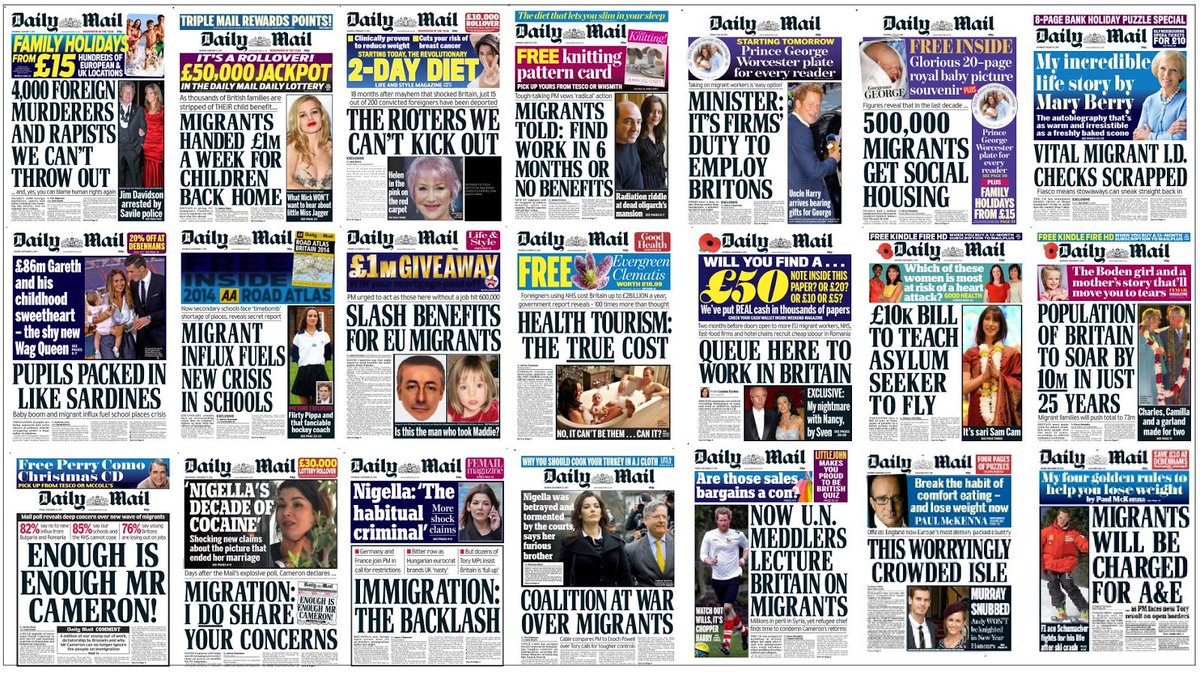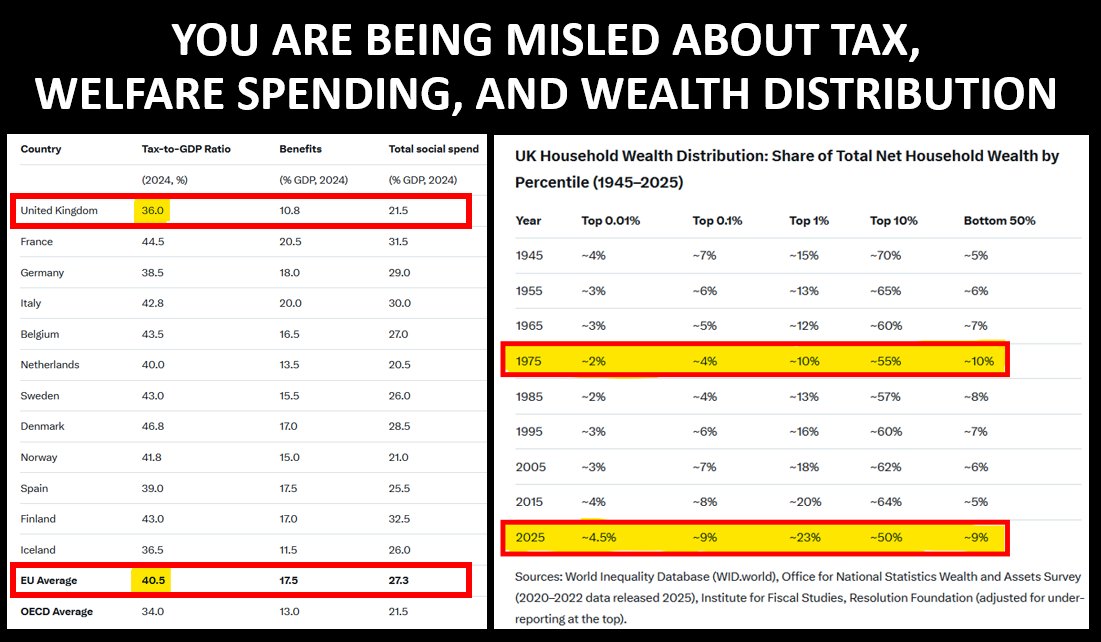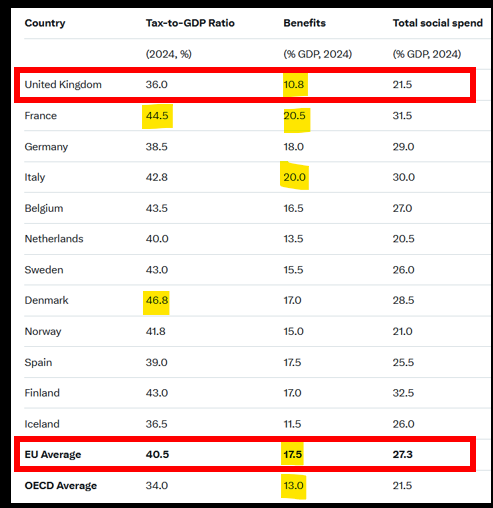#THREAD
Just wanted to share a few lesser-known facts about 1930s Germany which given the #CostOfLivingCrisis & a new PM, seem salient, taken predominantly from The Third Reich Trilogy by British historian Richard J. Evans, hailed as a "masterpiece of historical scholarship."
Just wanted to share a few lesser-known facts about 1930s Germany which given the #CostOfLivingCrisis & a new PM, seem salient, taken predominantly from The Third Reich Trilogy by British historian Richard J. Evans, hailed as a "masterpiece of historical scholarship."
Evans produced the report into the writings of David Irving who had claimed he'd been defamed as a Holocaust denier. The report proved irrefutable: Irving had deliberately distorted & manipulated historical evidence to bring it in line with his prejudices. Irving lost the case.
Almost every day I see the tired old claim that because the Nazis had 'socialist' in their official party name, they *were* socialists - despite overwhelming evidence to the contrary, including the fact they imprisoned & executed socialists, union organisers & other left-wingers.
The Nazis were hostile to the idea of social welfare in principle, & upheld instead the Social Darwinist concept that the feeble should perish.
They condemned the welfare system of the Weimar Republic as well as private charity, accusing them of supporting the inferior & weak.
They condemned the welfare system of the Weimar Republic as well as private charity, accusing them of supporting the inferior & weak.

Social welfare has been demonised & decimated for decades by those who subscribe to #neoliberal policies: the stated aim of the global network of free-market 'think tanks' (lobbyists) who wield so much influence over the UK & US Governments is to reduce or ideally end welfare. 

Over the last fifty years, league tables created to measure such nebulous concepts as "economic freedom" by think tanks (lobbyists) such as the Heritage Foundation, show that neoliberalism is about ringfencing economic power- even at the cost of democracy.
theguardian.com/commentisfree/…
theguardian.com/commentisfree/…
Faced with mass unemployment/poverty during the Great Depression, the Nazis set up charitable institutions to help racially-pure Germans in order to maintain popular support, while arguing it represented "racial self-help", not indiscriminate charity or universal social welfare. 

We see echoes of this argument today, on social media & in right-wing national newspapers eg in the dog-whistle calls for only British nationals to receive any benefits, or to have access to social housing or the #NHS, despite Britain's legal responsibilities to no-UK citizens. 

The Nazi Winter Relief of the German People & National Socialist People's Welfare (NSV) were quasi-private institutions, which encouraged donations from Germans to help others of their race, but those refusing to donate faced severe consequences, & money was used for rearmament.
Unlike Weimar Republic social welfare institutions, the NSV provided support only to those who were "racially sound, capable of & willing to work, politically reliable, & willing & able to reproduce." Non-Aryans, the "work-shy", "asocials" & the "hereditarily ill" were excluded. 



The propagandistic Winter Relief campaigns were a major source of Nazi funding, supplanting tax-funded welfare & freeing up money for rearmament, while the disabled & homeless were actively persecuted, labeled as "life unworthy of life" or "useless eaters.
disabilitynewsservice.com/disabled-mans-…
disabilitynewsservice.com/disabled-mans-…
The Nazis banned all trade unions, & replaced them with the German Labour Front (DAF), controlled by the Nazi Party. They also outlawed strikes & lockouts. The stated goal of the German Labour Front was not to protect workers, but to increase output. 



William L. Shirer wrote that the German Labour Front was "a vast propaganda organization... a gigantic fraud." A board of trustees run by representatives of the Nazi Party, the DAF & the Chamber of Economics was set up to centralize economic activity.
https://twitter.com/docrussjackson/status/1560934702822957057?s=20&t=SgH5EhOLTwrlPYQghhW0sA
Real wages in Germany dropped by roughly 25% between 1933 & 1938 - coincidentally, the real wages of UK council workers have fallen by 25% since 2012, & UK academic pay has also fallen behind inflation by 25% since 2009. 

Along with the abolition of the right to strike, workers were also in large part rendered unable to quit their jobs. 'Labour books' were introduced in 1935, & the consent of the previous employer was required in order to be hired for another job. 

Let us #NeverForget that arguably the biggest single factor which led directly to the rise of the Nazis, was the introduction of economic measures which disproportionately hit the poorest after Germany's economy collapsed in 1928 - what today we might call #austerity. 

The Chancellor at the time, Heinrich Brüning, favoured austerity measures & liked to issue "notverordunungen" — emergency decrees. He quickly implemented drastic public spending cuts in an effort to get the country back on track & foolishly centralised important fiscal decisions. 

The political ramifications of these measures were almost immediate & went beyond the Nazi Party. The austere fiscal policy combined with a depression-induced public-sector slowdown worsened the economic situation for Germans, & it radicalized people across the social spectrum. 

As the German people lost faith in their government's ability to manage the situation, unemployed & low-income Germans became more likely to turn to the Communist Party, whereas middle- & upper-income Germans were more likely to turn to the Nazis.
https://twitter.com/docrussjackson/status/1530506330452246529?s=20&t=VysLKTxLeaeAWisMUWCsug
A dangerously polarised country like ours, increasingly tired of its leadership & losing trust in its democratic institutions' ability to protect citizens, can learn from Germany's example - including how quickly bad policies can push voters to extremes.
https://twitter.com/docrussjackson/status/1560962758698573827?s=20&t=VysLKTxLeaeAWisMUWCsug
I've previously discussed many of the undeniably uncanny parallels between contemporary Britain & 1930s Germany before, in this #thread.
#NeverForget #NeverAgain #EnoughIsEnough 🙏
#NeverForget #NeverAgain #EnoughIsEnough 🙏
https://twitter.com/docrussjackson/status/1371265857108738048?s=20&t=YlIYBnm0QiWN8iqGMF_AZg
• • •
Missing some Tweet in this thread? You can try to
force a refresh












